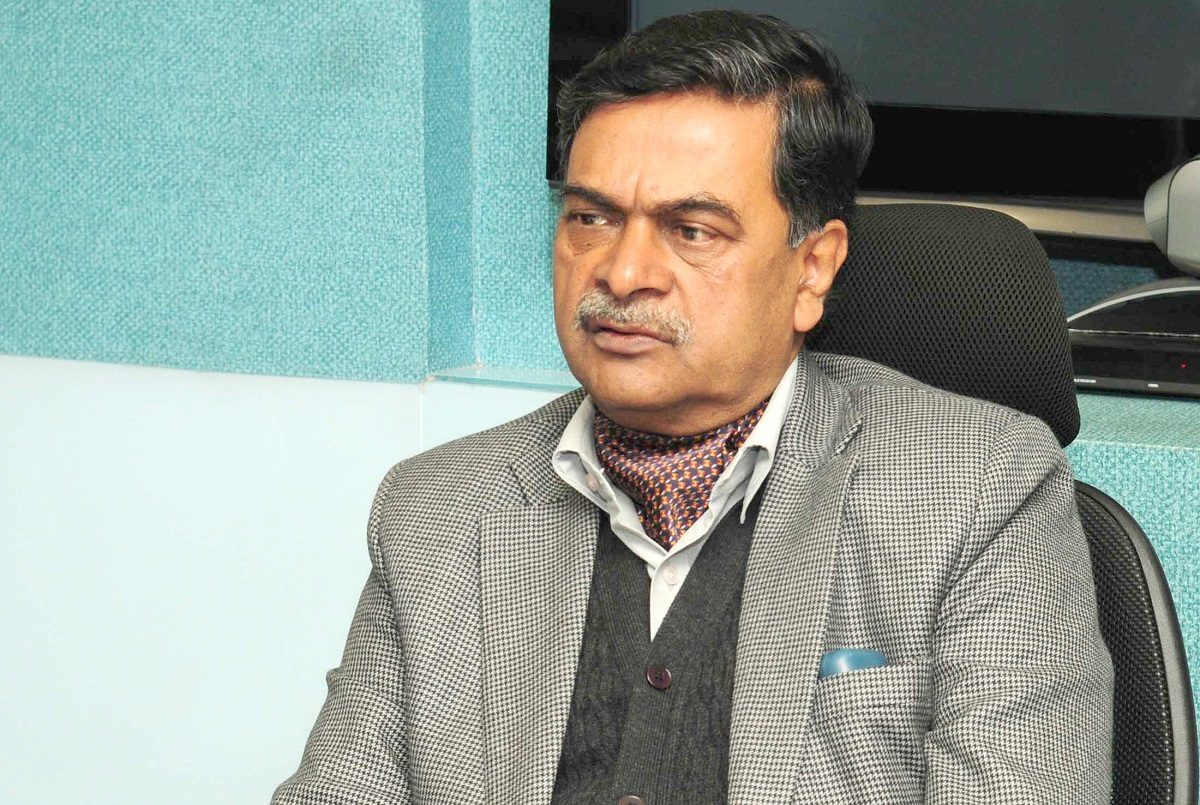Amid murmurs of discontent over the 25% safeguarding duty imposed on solar imports, and confusion over its applicability, India’s Minister for New and Renewable Energy is confident the nation is all set to ‘comfortably’ achieve 100 GW of solar capacity by 2022.
“As of July 2018, India has an installed solar capacity of 23.12 GW,” Minister Raj Kumar Singh said in a written reply to the Rajya Sabha. “[The] MNRE has planned a detailed trajectory so as to meet the target of 100 GW by 2022. Projects of around 10 GW are under implementation and tenders for [an] additional 24.4 GW have been issued. The country is on track to comfortably achieve the target of 100 GW of solar capacity by 2022.”
The 100 GW target includes 40 GW of rooftops, the same extent of utility-scale solar and 20 GW of ‘ultra-mega’ solar parks. According to an MNRE circular, the target for this financial year is 16 GW, for a cumulative 48 GW.
At 5.16 GW, Karnataka was the state with the highest installed capacity on July 31 last year, followed by Telangana – with 3.4 GW – and Andhra Pradesh (2.56 GW), the minister noted.
The statement added the country’s solar energy output rose from 13.49 billion units in 2016-17 to 25.87 billion units in 2017-18. That latest output is more than five times the 2014-15 figure of 4.59 billion units, with the data regarding power generation from renewables consolidated by the Central Electricity Authority.
The National Institute of Solar Energy has assessed the country’s solar potential at 748 GW and by 2035 India’s solar capacity is expected to account for 8% of the global total.
With a target of achieving 175 GW of clean energy capacity by 2022, India is running the world’s largest clean energy programme.
This content is protected by copyright and may not be reused. If you want to cooperate with us and would like to reuse some of our content, please contact: editors@pv-magazine.com.








By submitting this form you agree to pv magazine using your data for the purposes of publishing your comment.
Your personal data will only be disclosed or otherwise transmitted to third parties for the purposes of spam filtering or if this is necessary for technical maintenance of the website. Any other transfer to third parties will not take place unless this is justified on the basis of applicable data protection regulations or if pv magazine is legally obliged to do so.
You may revoke this consent at any time with effect for the future, in which case your personal data will be deleted immediately. Otherwise, your data will be deleted if pv magazine has processed your request or the purpose of data storage is fulfilled.
Further information on data privacy can be found in our Data Protection Policy.